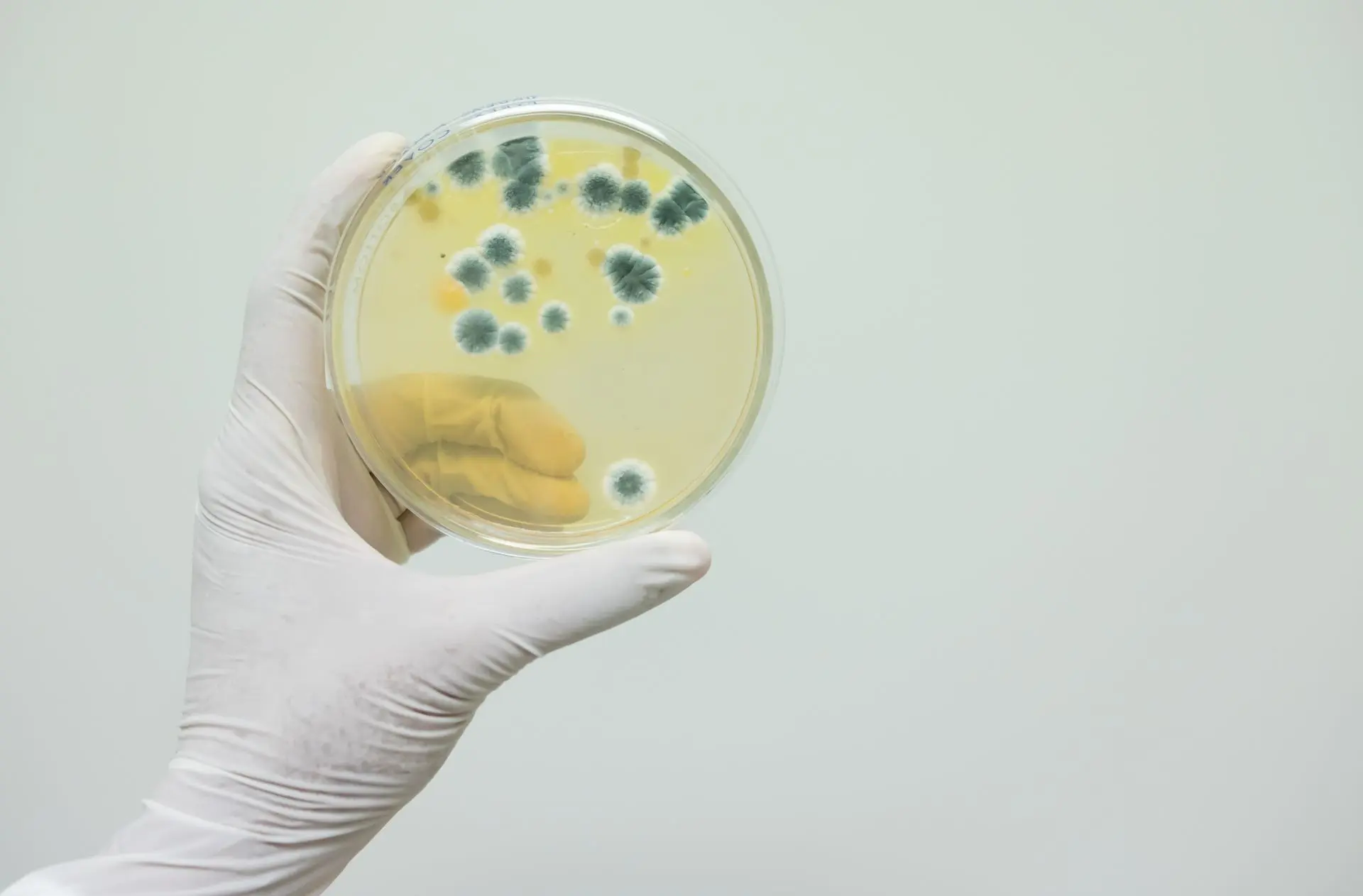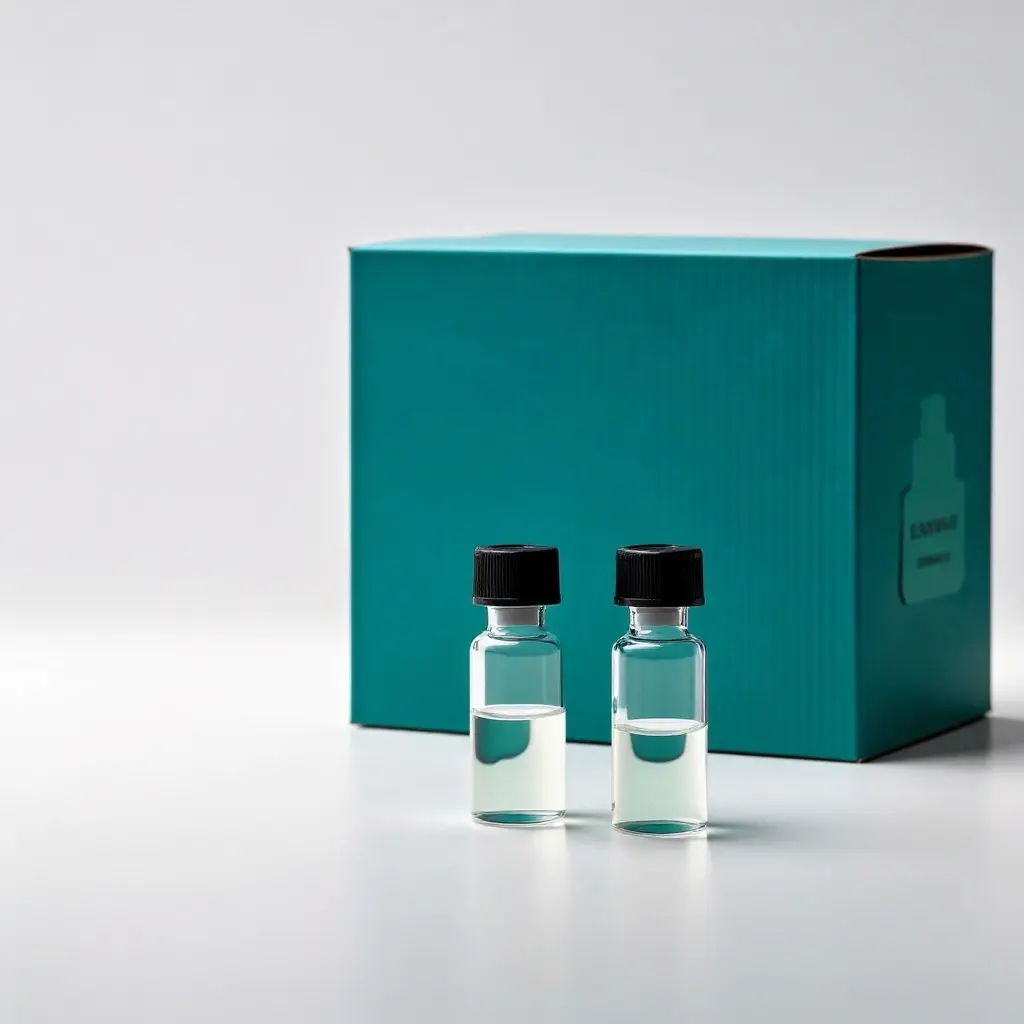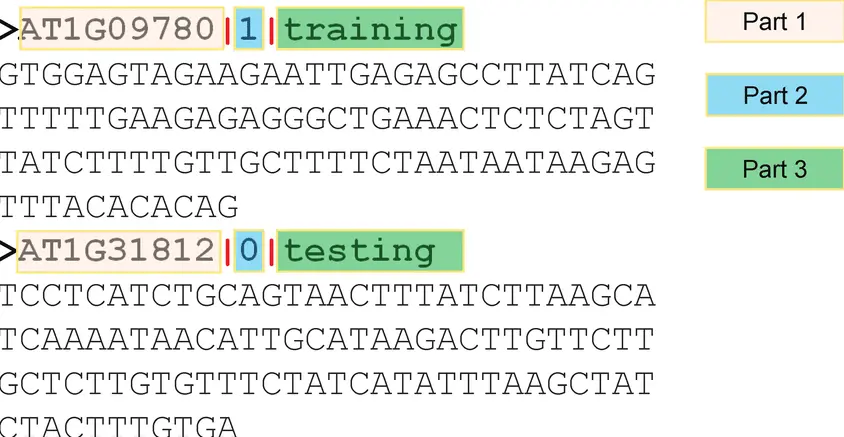Agricultural Species Identification Powered by DNA Barcoding
Reliable DNA sequence-based identification for seed authentication, phytopathogen detection, biodiversity monitoring, and pest management.

Ecbol provides advanced DNA barcoding services tailored to the agricultural sector from seed companies and growers to distributors and research institutes. Using standardized genetic markers (rbcL, matK, ITS…) and robust laboratory workflows, we deliver accurate, traceable results that empower better decision-making and ensure quality control.
Who We Are ?
Ecbol is a team of molecular biologists and agricultural experts dedicated to implementing DNA barcoding in agricultural value chains. Our mission is to enhance traceability, quality, and crop resilience through molecular identification. We provide laboratory analyses, sample collection kits, clear reports, and seamless data integration into your management systems.
Core Values:
Scientific rigor and validated protocols
Confidential and secure data handling
Fast turnaround times with technical support
Actionable recommendations based on results
Our DNA Barcoding Services

2.Phytopathogen Diagnostics (Fungi, Bacteria, Viruses)
- Rapid molecular detection of pathogens affecting crops.
- Deliverable: Identification report + phytosanitary guidance + sampling protocol.

5.Sampling Kits & Training
- Ready-to-use sampling kits with step-by-step instructions, plus onsite or remote training.
- Deliverable: Kit + training support.
Our 4-Step Workflow
- Order & Sampling Instructions We receive your request and send a sampling kit.
- Sample Reception & DNA Extraction Laboratory processing with quality control.
- Sequencing & Species Identification Targeted DNA barcodes compared to reference databases.
- Reporting & Recommendations Final report, raw sequence files, and practical advice.
Frequently asked questions
A standardized short DNA sequence used to identify species by comparing it to a reference database.
Leaves, seeds, tissues, soil, insects, traps, water samples ,depending on the selected service.
DNA sequencing allows us to accurately identify plant varieties, detect pathogens, and assess biodiversity by comparing genetic sequences to reference databases. This helps ensure seed authenticity, protect crops, and improve biosecurity.
Common plant barcode regions include rbcL and matK (chloroplast genes) and ITS (nuclear ribosomal DNA). These regions vary enough between species to serve as reliable identifiers.

